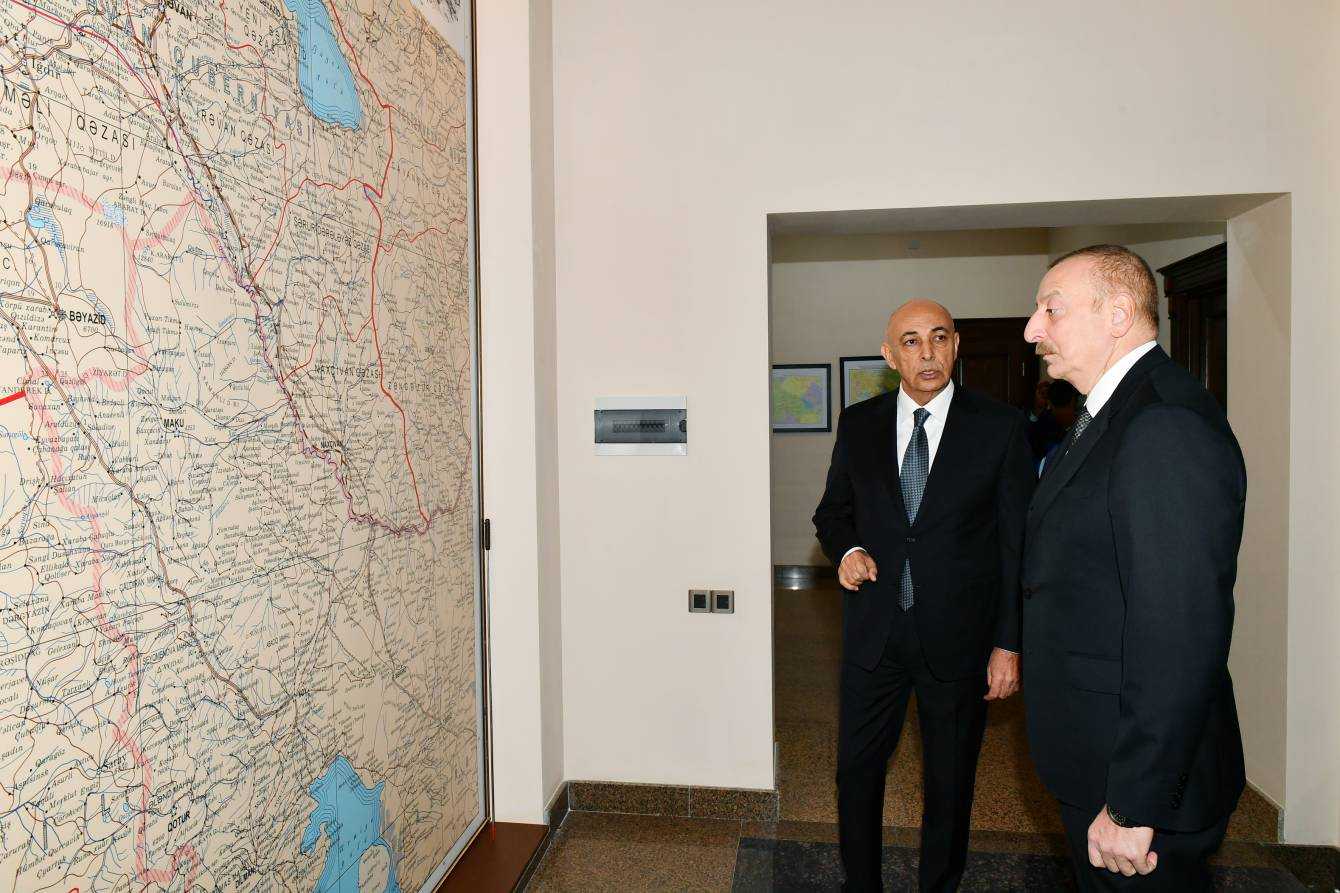
Proposals to send humanitarian aid to Nagorno-Karabakh from Azerbaijani-controlled land appear to have been backed by the EU, causing outrage in Armenia.
Supplies to the region have repeatedly been cut off since the blockade of the Lachin Corridor began in December, with the situation again deteriorating since mid-June.
On Saturday, EU Council President Charles Michel appeared to back proposals by Azerbaijan to send supplies via Aghdam.
‘I emphasised the need to open the Lachin road. I also noted Azerbaijan’s willingness to provide humanitarian supplies via Aghdam’, Michel said.
His statement came after a round of talks with Armenian Prime Minister Nikol Pashinyan and Azerbaijani President Ilham Aliyev earlier that day.
The Lachin Corridor is the only road connecting Nagorno-Karabakh to Armenia. Azerbaijan set up a checkpoint under its control at the start of the corridor in late April — a move seen as a violation of the November 2020 ceasefire agreement, which states that the Lachin Corridor falls under the control of the Russian peacekeeping mission in Nagorno-Karabakh.
As the region grappled with food and energy shortages under blockade, Baku has proposed sending humanitarian aid and supplies to Nagorno-Karabakh through Aghdam.
Stepanakert swiftly rejected Baku’s proposal.
Michel’s statement was condemned in Armenia and Nagorno-Karabakh, with critics calling for the reopening of the Lachin Corridor instead of the establishment of alternative routes.
Azerbaijan dismisses claims of an ongoing blockade and humanitarian crisis in Nagorno-Karabakh, despite local and international reports indicating food and medicine shortages in the region.
On Tuesday, fifteen Armenian organisations jointly stated that the Lachin Corridor ‘has no alternative’.
‘Instead of addressing the root cause of the humanitarian crisis, the discussion of “alternative” routes, such as Aghdam, diverts the attention of the international community from the source of the problem: the illegal blockade of the humanitarian corridor by the Azerbaijani government and the policy of ethnic cleansing’, read their response to Michel’s statement.
Several organisations in Nagorno-Karabakh also issued a more pointed statement on Monday.
‘We emphasise and remind that the support provided at the cost of trampling on the dignity of people in a humanitarian catastrophe cannot be accepted from a country that can offer nothing but hatred, suffering, and pain’, stated the organisations in Nagorno-Karabakh.
David Babayan, adviser to Nagorno-Karabakh’s president and a former foreign minister, condemned the EU Council President’s statement as ‘dangerous’.
‘There is a decision of the international court [of Justice], which says that the corridor should be [reopened]’, Babayan told Armenian media. ‘So where does Aghdam come from?’
Toivo Klaar, the EU’s special envoy to the South Caucasus, also backed Baku’s proposal to provide Nagorno-Karabakh with humanitarian aid through Aghdam, stating that ‘every offer should also be used, not as an alternative to Lachin but as a complement to it’.
Deepening crisis and protests
The humanitarian crisis in Nagorno-Karabakh has continued to deepen as the region remains under total blockade since mid-June, when Azerbaijan barred Russian peacekeeping forces stationed in Nagorno-Karabakh from using the Lachin Corridor to supply the region.
Currently, only the International Commitee of the Red Cross can use the corridor to transfer people requiring medical assistance to Armenia. Despite assistance provided by the Red Cross, local authorities have warned of an increase in mortality rates and miscarriages due to the lack of food and medicine.
In an effort to save energy and food in the region, Stepanakert has introduced rolling blackouts and rationing across Nagorno-Karabakh, in addition to suspending public transport last week.
They have also called for ‘indefinite rallies’ in the hope of attracting international attention, with President Arayik Harutyunyan leading a sit-in protest in central Stepanakert.
[Read more: Thousands rally in Stepanakert against blockade]
For ease of reading, we choose not to use qualifiers such as ‘de facto’, ‘unrecognised’, or ‘partially recognised’ when discussing institutions or political positions within Abkhazia, Nagorno-Karabakh, and South Ossetia. This does not imply a position on their status.








